After the EU summit, Viktor Orban told Patriota “there were tough debates and attacks". He described it as “worse than a traditional cage fight,” with Hungary under fire from several directions. He said he had serious clashes with Croatia, the European Commission, and Germany over the war. Meanwhile, Hungary’s opposition has been pushing for the government to adopt Brussels’ line on cutting off Russian energy.
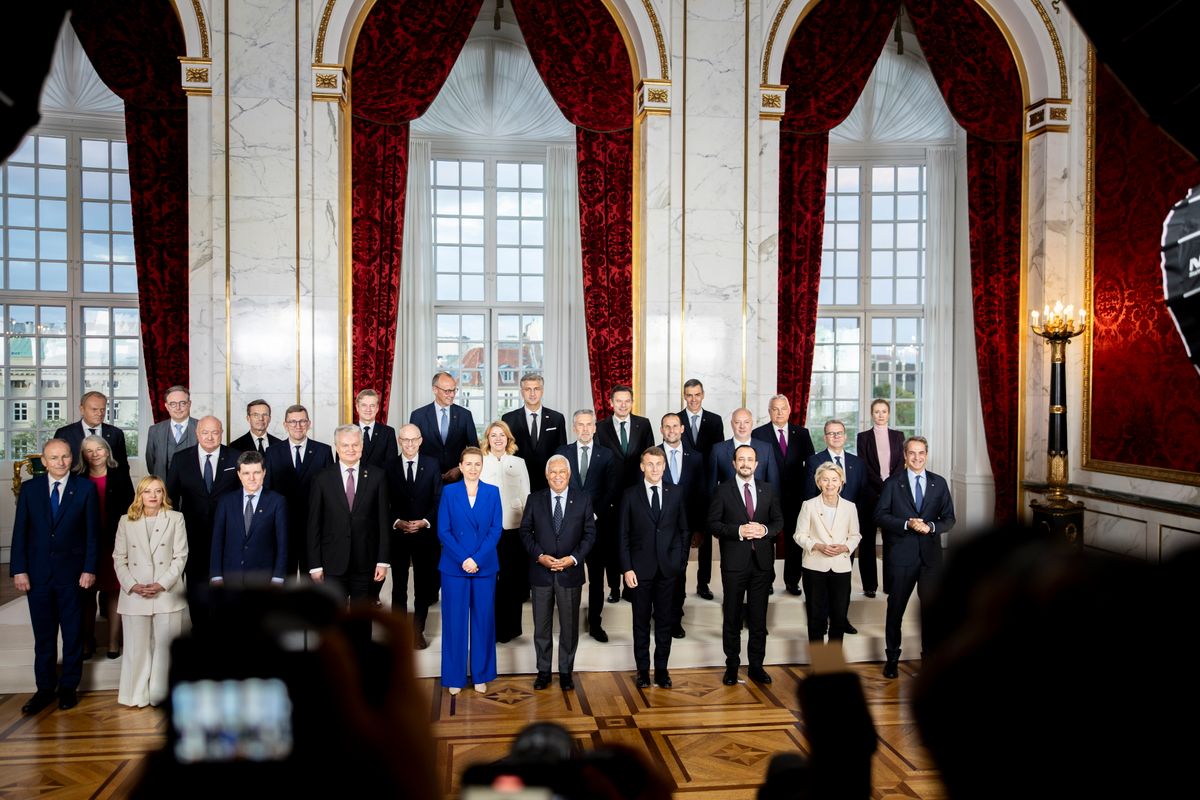
Viktor Orban: The Pressure on Hungary Regarding Ukraine Is Immense
There were a number of different approaches to pressure Hungary into supporting Ukraine's EU membership, he said, calling some “intelligent attempts,” and others akin to the style of provocation "starting a pub brawl in a dive". He explained their pitch:
The more intelligent arguments are: this cannot go on. They say: look, 26 want Ukraine in, we don’t, and we won’t even allow accession talks to begin. So they suggest: instead of unanimity to open the chapters, let’s switch to qualified majority voting for the opening, while keeping unanimity for closing chapters. Their message is: dear Viktor, don’t block the start, block it at the end. But I wasn’t born yesterday. If I allow that, they’ll open all the chapters in rapid succession, race to the end of each, and then pile enormous pressure on me: just one more signature from Hungary and everything the others want will be done.
Other arguments were harsher, PM Orban said. "Some insist Hungary is being immoral, that we have a “moral duty” to support Ukraine. And there are also claims that 'Ukraine is Europe’s first line of defense'.” To this he tells them: “That may be true for you, but Hungary does not consider Ukraine to be our first military line of defense.”
According to PM Orban, the EU’s strategy is to defeat Russia in a “war of attrition.” Hungary rejects this approach. “There is no solution on the front line. Hundreds of thousands will die on both sides,” he warned.
The Hungarian position is that negotiations should be opened with Russia on a new European security architecture.
According to the Prime Minister:
We need to negotiate a long-term agreement with the Russians on a new European security system — and then Ukraine’s place in it must be found,
PM Orban also made clear Hungary will not support Ukrainian EU membership, but recommends a “strategic partnership” instead. Membership and those rights, he argued, are irreversible and Ukraine’s economic impact on the EU is unpredictable.
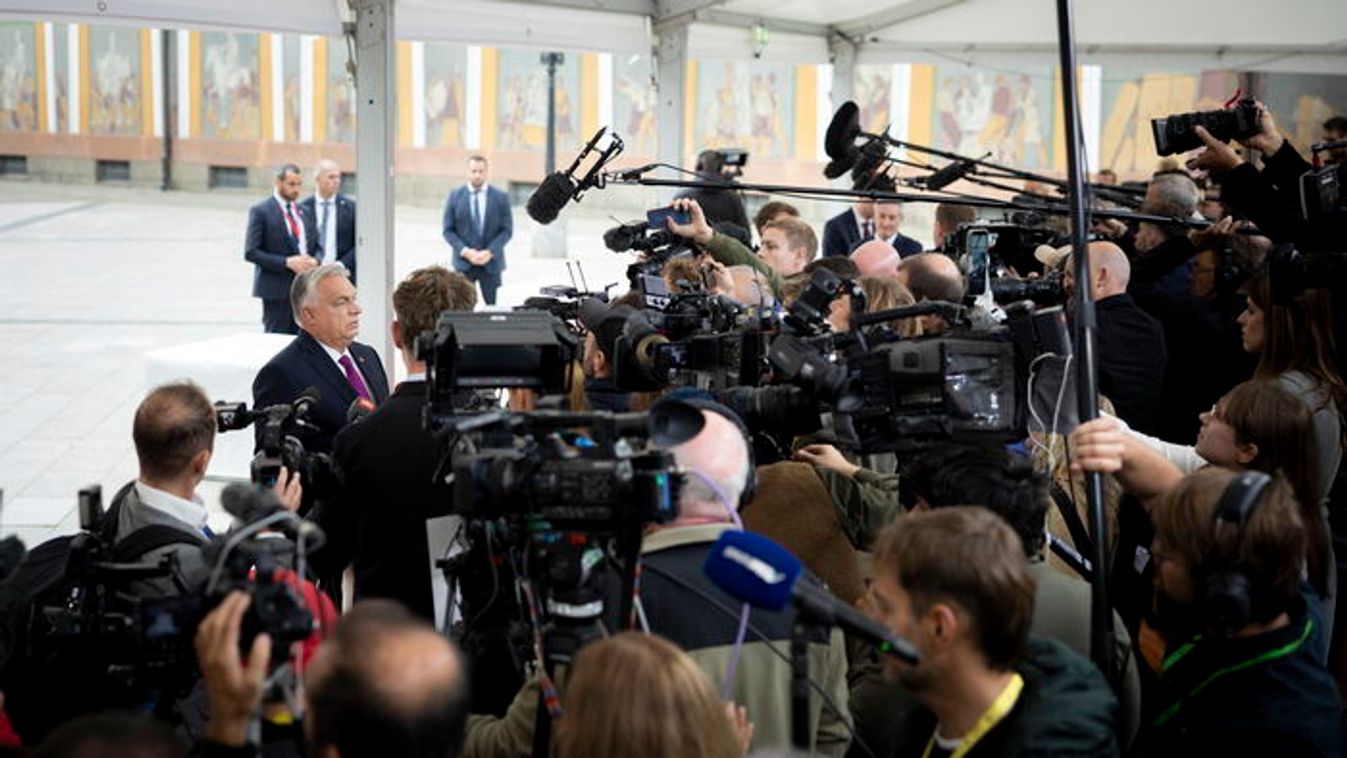
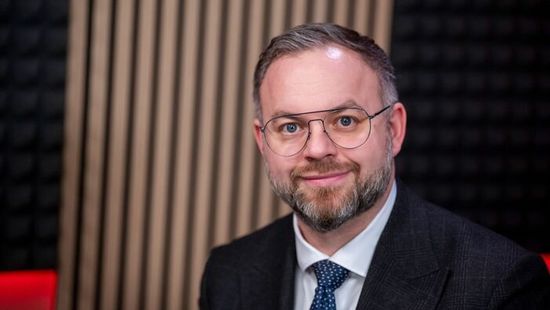
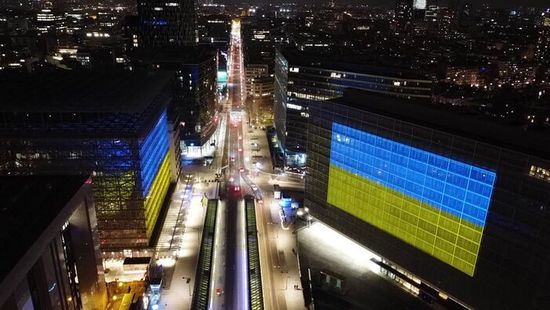
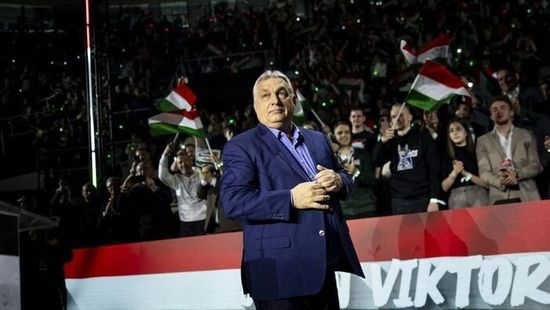
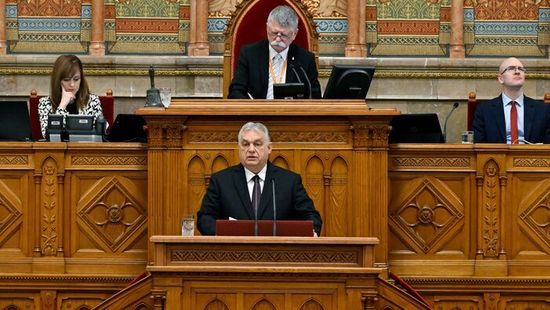


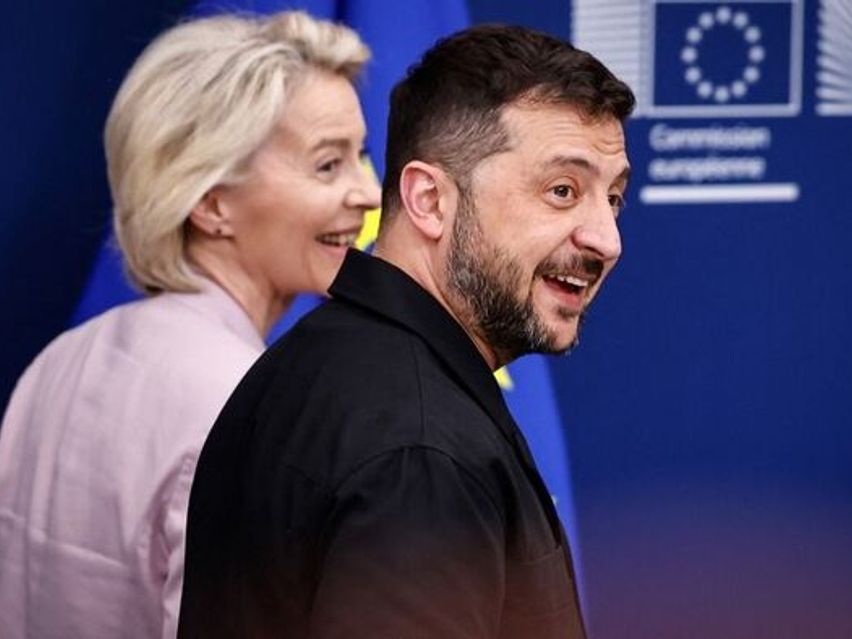
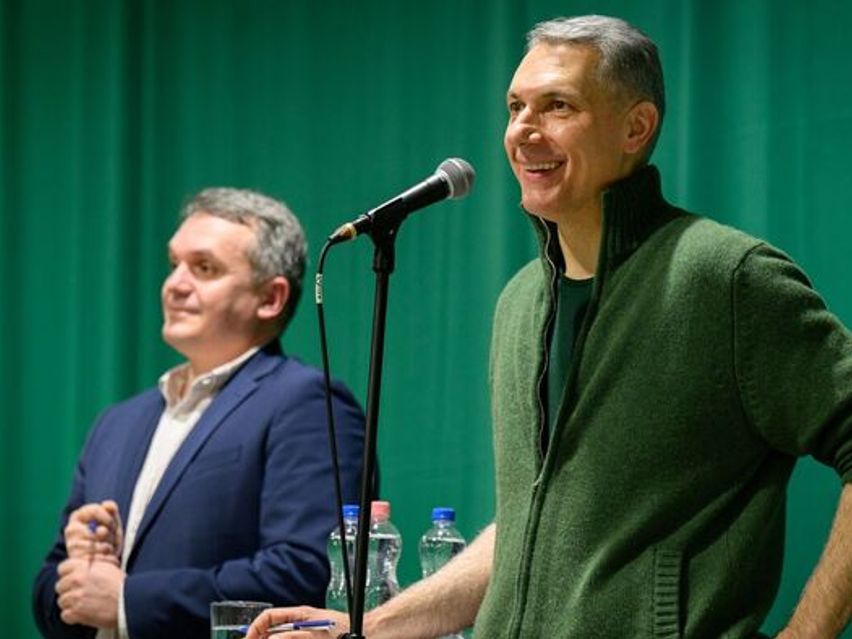
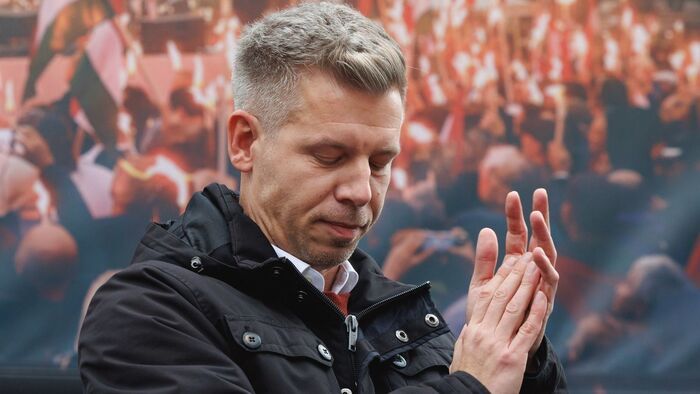





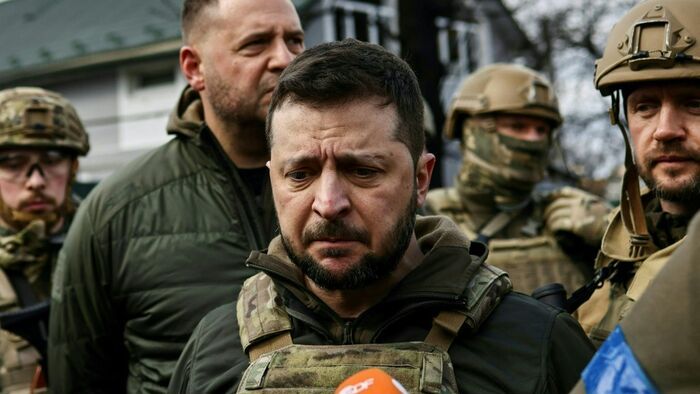
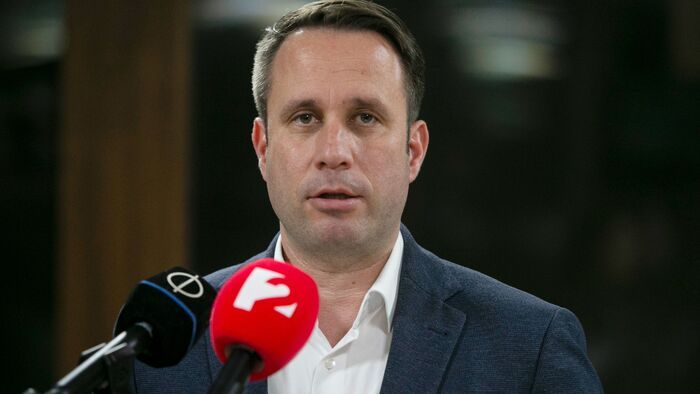
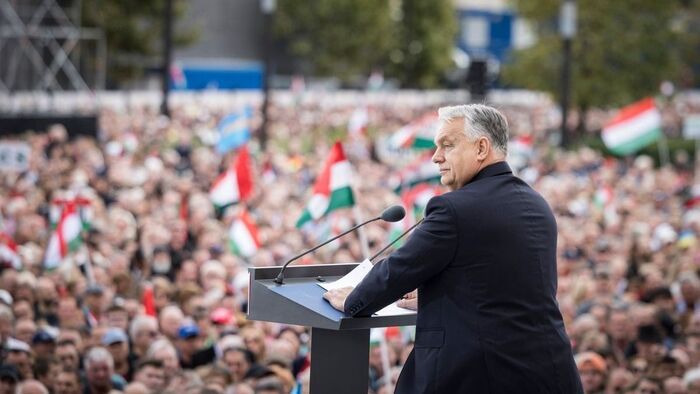

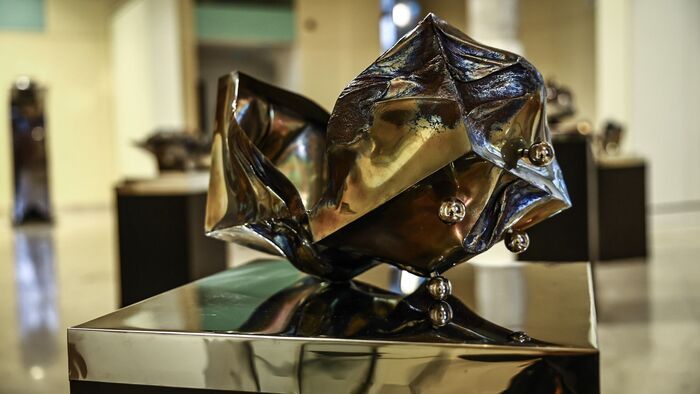
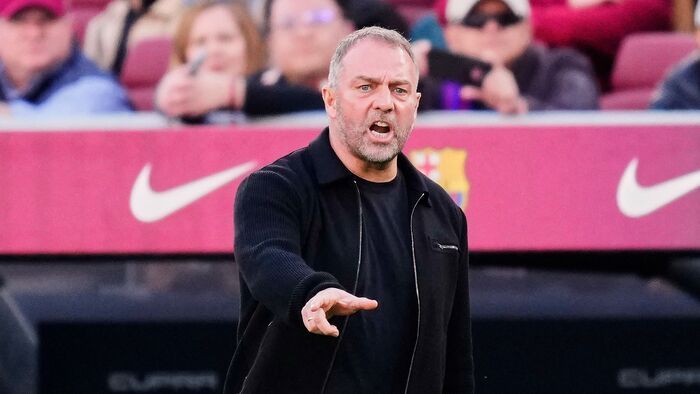


Szóljon hozzá!
Jelenleg csak a hozzászólások egy kis részét látja. Hozzászóláshoz és a további kommentek megtekintéséhez lépjen be, vagy regisztráljon!